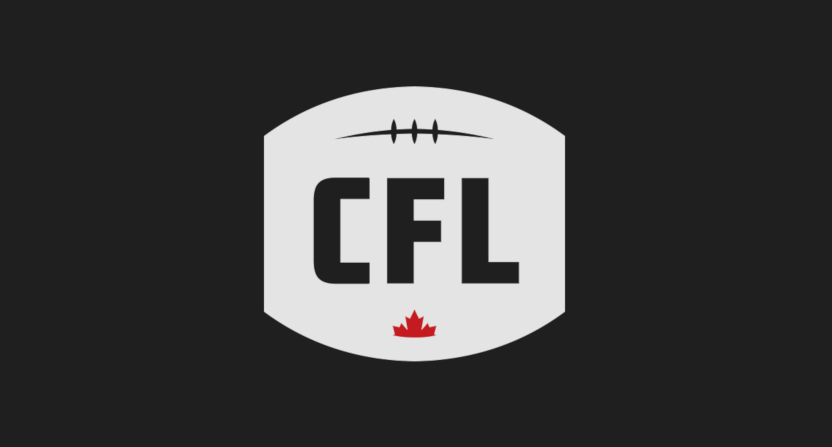For the first time since 1919, the Grey Cup will not be awarded this year. That comes thanks to the Canadian Football League officially cancelling its season Monday. The Grey Cup was first awarded in 1909 and has been handed out every year since 1919 (it wasn’t awarded from 1916-1919 thanks to World War I and post-war disruptions). And it’s been awarded to the CFL champion since that league’s official formation in 1958 (many of the league’s teams already existed and were already competing for the trophy, though). But that streak is now coming to an end thanks to the COVID-19 pandemic.
The pandemic this year saw the CFL postpone the start of its training camps back in March, then put the entire season (which was supposed to begin in June) on hold in April. In May, the league cancelled its planned Grey Cup festivities (which had been set for Regina in November), and then put the season on a further hold. There had been talks of a shortened season, playoffs and Grey Cup game in a hub like Winnipeg, but nothing definitive. And now, after an attempt to get a loan from the Canadian federal government to help with the costs of staging this kind of season in a bubble fell through, the league has officially called off its 2020 plans. Here’s more from a league statement:
“Our league governors decided today it is in the best long-term interests of the CFL to concentrate on the future,” said Commissioner Randy Ambrosie.
“We are absolutely committed to 2021, to the future of our league and the pursuit of our vision of a bigger, stronger, more global CFL.”
Season ticket holders can expect to hear soon from their clubs with news on how they can apply their deposits to next season or other offers.
And the CFL will have lots to say in the days ahead on next season, including the 2021 Grey Cup in Hamilton, which Ambrosie predicted will be the largest “reunion” in Canadian sports history.
But there are many obstacles to clear before the league can come back. As TSN’s Dave Naylor writes, the league and its clubs will be facing a major financial blow from not playing this season. And that won’t all go away by next year, especially as no one knows what the status of fans in the stands (a key revenue source for the CFL) will be then.
The pandemic will soon wipe out reserves for the league’s three community-owned teams, which enter this off-season with no revenue streams beyond what they can produce in season ticket sales for 2021. That brings us to the question of how many of the league’s six private owners are game to keep spending so that they can try this again in 2021.
The harsh reality is that unless teams are going to be allowed 15,000-20,000 fans in stadiums next summer, the CFL is going to need a benefactor of some kind – be that the government, the NFL or some other private investor.
If one can’t be found, 2020 might not be the only cancelled season.
There are a lot of questions ahead for the CFL, its players, and its teams. For now, all we know is that there won’t be a 2020 CFL season of any sort. And that’s a blow on the media side as well, especially to TSN, where the CFL has been their key property since they lost national NHL rights to Rogers Sportsnet. The CFL cancellation also impacts ESPN in the U.S., and while that impact is to a smaller degree, the league has been one of the more notable properties placed mostly on subscription service ESPN+. So having it go away for this year means there won’t be people subscribing to that service mostly to watch it.
While things had been trending towards Monday’s official 2020 CFL season cancellation, having it actually come to pass is a tough blow for many who love this league. And while the plan at the moment is for the league to focus on a 2021 return, that’s not going to be a particularly easy task. There’s going to be a lot of work to do for the CFL to actually make a return, especially if concerns about large gatherings remain into the 2021 season. We’ll see where they go from here.







